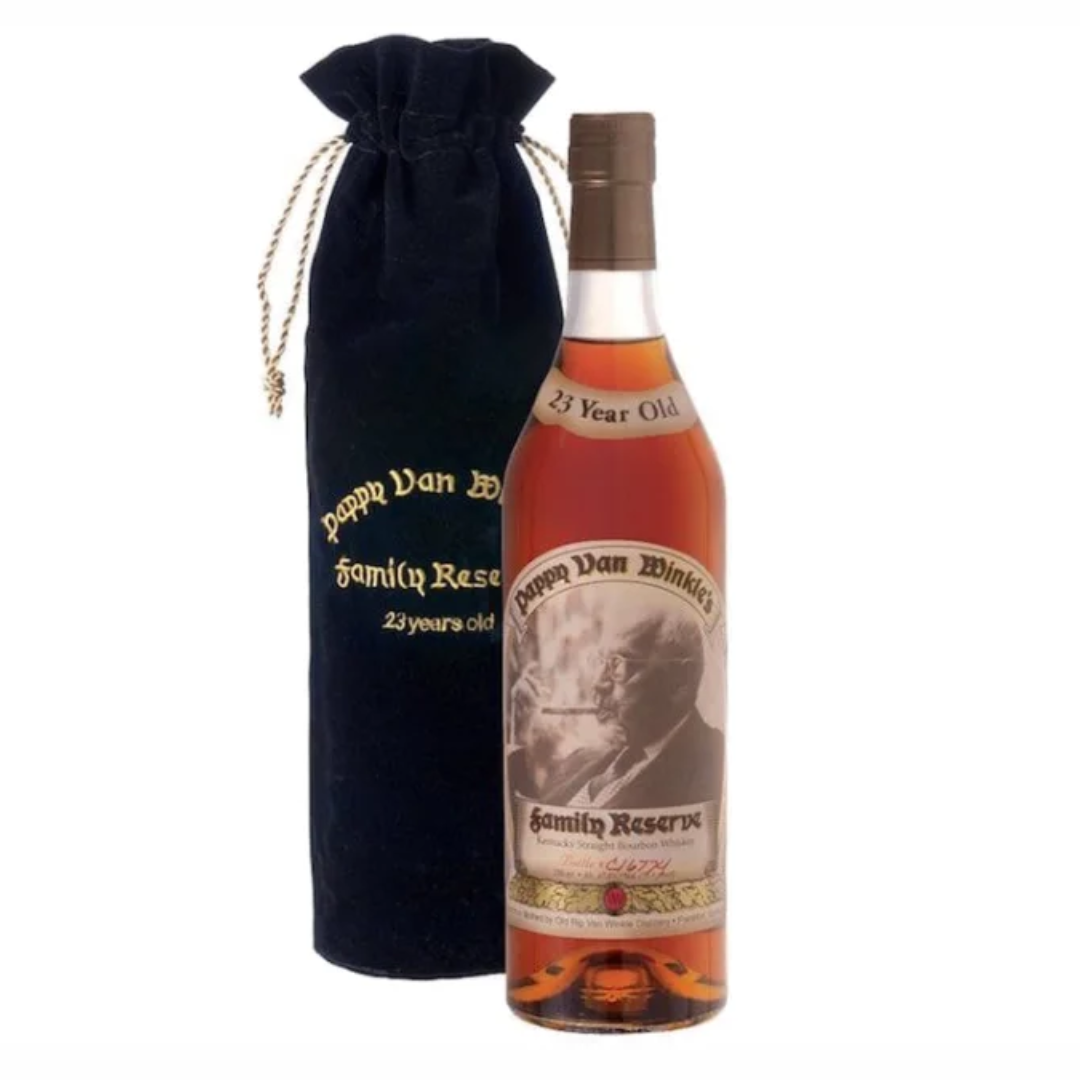For information regarding national and state liquor law matters or general manufacturing and distribution advice, please contact our Liquor Law, Licensing, Manufacturing, and Distribution Practice Group: Liquor Law Department Chair Theodore J. Zeller III, Esquire (tzeller@norris-law.com); David C. Berger, Esquire (dberger@norris-law.com) for Pennsylvania and New Jersey retail and manufacturing licensing; or contact our offices at 610-391-1800.
TTB Ramping Up Enforcement Through Internet and Social Media Investigations

While the Federal Alcohol and Tobacco Tax and Trade Bureau (“TTB”) has increased field investigations of manufacturers in retail trade practices, it has also upped enforcement of the regulation of beer manufacturing.
Introduction
In response to various industry concerns regarding illegal inducements offered by manufacturers to wholesale and retail, the TTB dedicated assets to field investigations that have begun in various states. Typically, these field investigations involve companion state agencies and consist of surprise inspections at a manufacturing facility or other locations and requests for significant documentation involving the manufacturing operations. Now, we have begun to see Notice of Violations being issued by the TTB directly to manufacturers through simple internet or social media investigations.
Background
We have had several brewery members receive Notice of Violations that certain brands of beer that they were advertising on their website, posting on their Instagram, “tweeting,” or tagging on Facebook were illegal because the brands of beer and the unique ingredients being advertised had not received formula approval from the TTB. Many breweries believe that any products sold at their taproom, that are not made for interstate commerce are not regulated by the TTB. This is not accurate.
In Pennsylvania, if that you are just serving beer out of your taproom or brewery, you need not obtain the Certificate of Label Approval (“COLA”) from the TTB in order to obtain your Pennsylvania brand registration. Nevertheless, the TTB still has complete jurisdiction over the manner in which beer is manufactured in any state, and subject to certain exceptions, brewers must submit a formula for any beer that contains unique ingredients such as flavors, non-beverage or food ingredients, herbs and spices. TTB Ruling 2015-1 lists ingredients and certain manners in which you can make beer that are exempt from a formula requirement. These exemptions usually involve ingredients and processes that are industry standards for the production of malt beverages.
Conclusion
With the proliferation of breweries and brands around the United States, many brewers will try to come up with newer and greater ingredients to include in the beer manufacturing process. Peanut Butter Porter and Hemp Oil Ale attract the fancy of the new beer drinker but violate the law if a formula approval is not obtained before the manufacture and sale of those products, even if sales are limited to your taproom. Peanut butter and hemp are not traditional ingredients, and unless formula approvals are obtained, manufacturing those products are a violation. Further, products containing hemp ingredients that are not made from hemp seeds or hemp seed oil will be rejected by the TTB. Many foods like peanut butter, cereals, and even desserts are being made in the beer manufacturing process, all of which would need formula approval before being manufactured.
The good news is that the TTB is issuing these notices and giving breweries the opportunity to cure any alleged violations. Formula approvals are free from the TTB, and you can also contact them if you have any questions about your need to file a formula application or otherwise what is involved with the process. In addition, the Notice of Violation would be in the form of a letter received at your business address as opposed to a knock on the door from federal and state agents insisting on an immediate audit of all your brewery records and interviews with your salespeople concerning the potential violations of trade practices.
We also encourage brewers to review their social media and website advertising to make sure all information is up to date and any brands listed comply with federal formula regulations.




